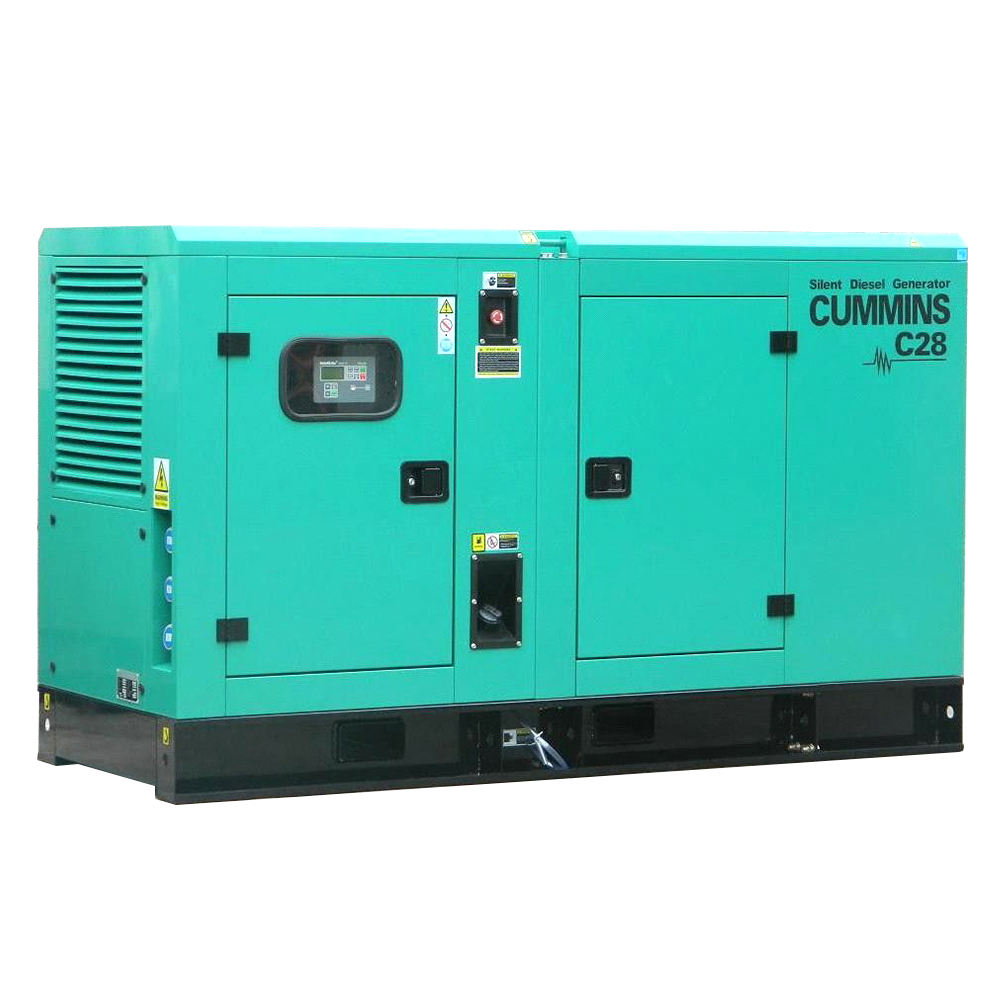The Crucial Role of Generators in Modern Agriculture
In today's fast-paced agricultural landscape, having a reliable source of power is crucial to keep farms running smoothly. From operating heavy machinery to maintaining temperature-controlled storage facilities, generator sets have become an indispensable part of modern farming.
Powering Farm Equipment
To be honest, imagine trying to harvest crops or till the land without power. It would be an arduous task, to say the least! Generators provide the necessary electricity to run tractors, harvesters, and other farm equipment, ensuring that operations can continue even during power outages or in remote locations.
Backup Power for Farms
Have you ever wondered what happens when a storm knocks out power on a farm? For many farmers, losing electricity can mean losing valuable produce or livestock. That's where backup power comes into play. By investing in agricultural generators, farmers can protect their investments and maintain productivity, no matter the circumstances.
Ensuring Consistent Productivity
Interestingly enough, generators aren't just for emergencies. They also play a vital role in day-to-day operations by supplying consistent power to irrigation systems, ventilation fans, and milking parlors. This steady supply of electricity helps maintain optimal conditions for crops and animals, ultimately leading to higher yields and better quality products.
Maintaining Your Agricultural Generator
To ensure that your generator set is always ready to perform when needed, regular maintenance is essential. Here are some practical tips to keep your agricultural generator in top shape:
Choosing the Right Agricultural Generator
When selecting a generator for your farm, consider factors such as power requirements, fuel type, and portability. Consult with a reputable dealer or manufacturer to determine the best solution for your specific needs.
Power Requirements
First and foremost, assess the power demands of your farm equipment and facilities. This will help you choose a generator with sufficient capacity to handle your farm's electrical load.
Fuel Type
Next, decide on the preferred fuel source. Common options include diesel, natural gas, and propane. Each fuel type has its advantages and disadvantages, so carefully weigh your choices based on factors such as availability, cost, and environmental impact.
Portability
Lastly, consider whether a stationary or portable generator best suits your needs. Stationary generators are typically more powerful and offer greater fuel efficiency, while portable generators provide flexibility and ease of movement around the farm.
In Conclusion
In conclusion, generator sets play a critical role in modern agriculture by providing backup power for farms and ensuring consistent productivity. By understanding the applications and maintenance requirements of agricultural generators, you can make informed decisions to protect your farm and its valuable assets. If you're considering investing in a generator for your farm, consult with industry experts and carefully assess your power needs to find the perfect solution.





